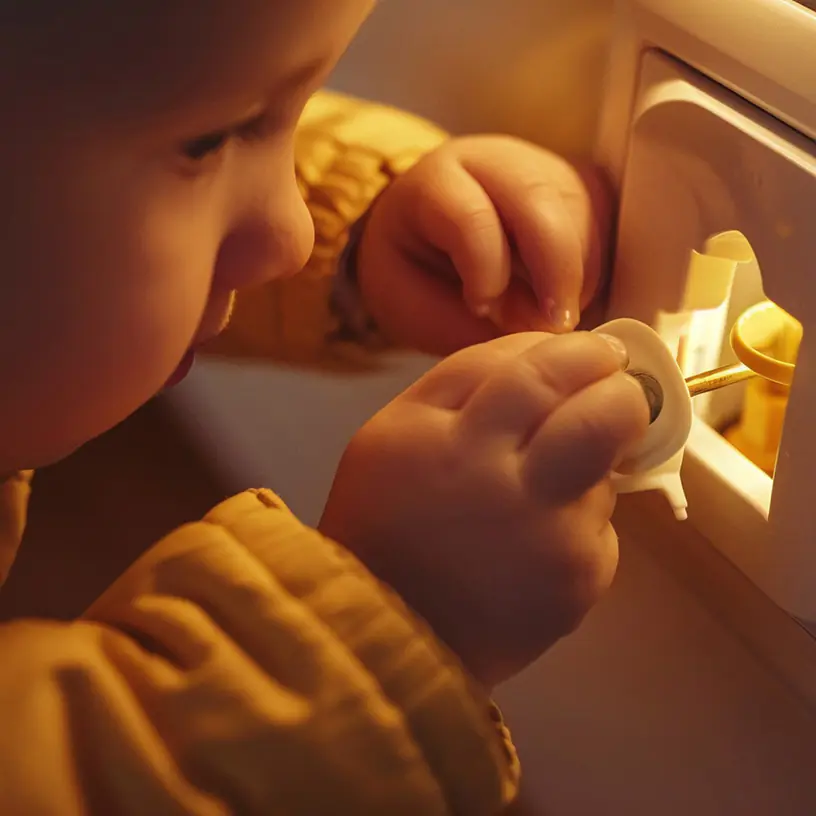
As a homeowner, ensuring the safety and security of your residence is paramount. Among various safety measures, electrical safety often requires more attention due to its potential risks and hazards. Neglecting electrical safety can lead to serious accidents, including fires, electrical shocks, and extensive property damage. This article aims to provide homeowners with essential electrical safety tips to help safeguard their homes and ensure the well-being of their families.
Routinely check your home’s electrical cords and outlets for signs of wear or damage. Frayed cords or loose outlets can pose a significant risk of electrical fires and should be repaired or replaced promptly. Additionally, avoid running cords under rugs or furniture, as this can cause overheating.
Always read and follow the manufacturer's instructions when using electrical appliances. Overloading appliances by plugging in multiple devices at once or using them with the wrong voltage can cause overheating and malfunctions. Ensure that all appliances are turned off and unplugged when not in use.
Be mindful of the total electrical load on your circuits by not using too many appliances at once or plugging them into a single outlet. Overloaded circuits are a common cause of electrical fires. Consider consulting a professional electrician to evaluate your electrical system if circuit tripping occurs frequently.
GFCIs are designed to protect against electrical shock by breaking the circuit if there is an imbalance in the electrical current. These should be installed in areas with water usage such as kitchens, bathrooms, and outdoor spaces. Ensure they are tested monthly to confirm they are functioning properly.
Older homes might have outdated wiring systems that are not equipped to handle modern electrical loads. It is prudent to have an electrician assess and replace old wiring and panels to ensure they meet current safety standards, thereby reducing the risk of electrical fires.
While minor electrical tasks, such as changing a light bulb, can be undertaken by homeowners, complex work like installing new fixtures or rewiring should be handled by certified electricians. Mistakes in DIY electrical projects can pose significant hazards.
Flickering lights, burning smells, frequently tripping circuit breakers, and unusual buzzing sounds are warning signs of electrical issues. Ignoring these can lead to dangerous situations. Contact a licensed electrician to investigate and resolve these issues immediately.
For homes with young children, safety measures such as installing tamper-resistant outlets or covering exposed outlets can prevent accidents. These simple precautions can protect children from the risks of inserting objects into outlets.
Smoke detectors are a crucial element of home safety, particularly for detecting electrical fires early. Ensure that detectors are installed on every floor and outside sleeping areas and that they are regularly tested and maintained with fresh batteries.
Equip your family with the knowledge of electrical safety practices to ensure everyone understands the do's and don'ts around electricity. Regular safety drills and discussions can foster a safety-conscious environment in your home.
Electrical safety is a critical aspect of home maintenance and requires consistent vigilance and proactive measures. By integrating these ten essential electrical safety tips into your routine, you can significantly reduce the risk of electrical hazards in your home. Keeping your electrical system in optimal condition not only protects your property but also ensures the safety and peace of mind of everyone in your household. Always consult a professional electrician when in doubt, as their expertise is invaluable in maintaining a safe living environment.